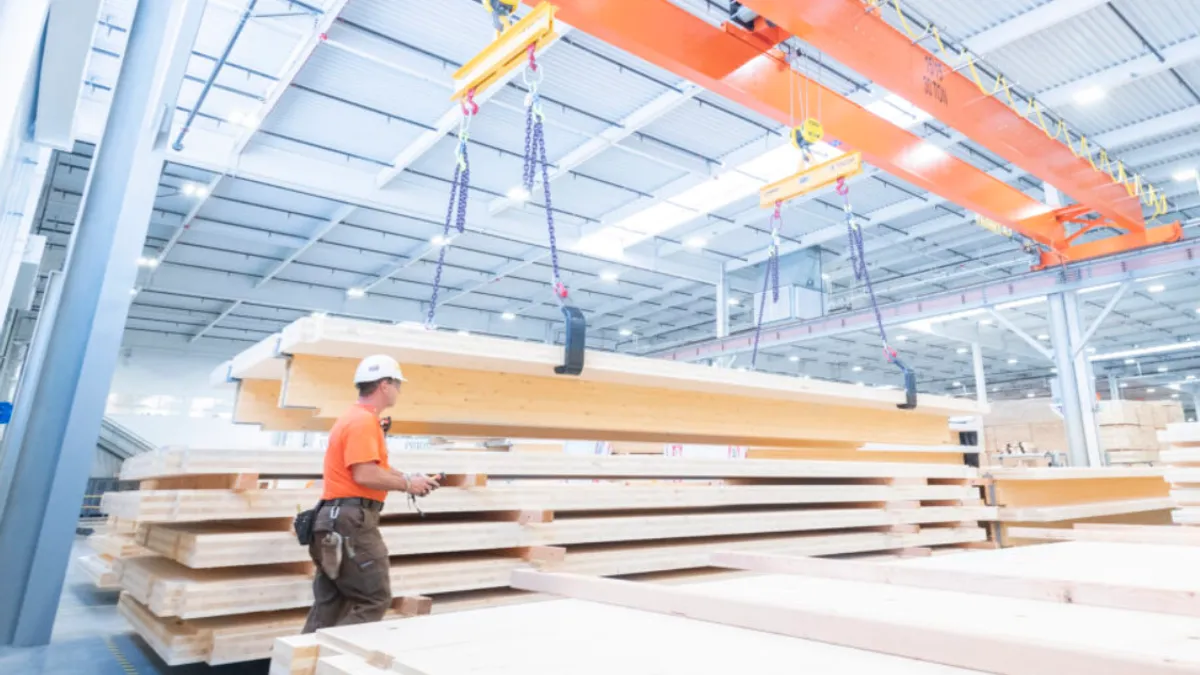Following reports Katerra told employees it was shutting down, the modular builder announced Sunday it filed for Chapter 11, attributing the bankruptcy in part to the economic impacts of the COVID-19 pandemic. The startup has also secured commitments for $35 million in debtor-in-possession financing from U.K.-based SB Investment Advisers Limited to fund operations during the reorganization process, according to the release.
The company said it would proceed with some ongoing projects "in a number of states," although it has notified key stakeholders in the U.S. that it will be "demobilizing."
According to the company, its financial challenges resulted from the pandemic; an inability to provide bonding for projects following the unexpected insolvency of Greensill, a former lender; and an inability to secure "additional capital and business."
"While a number of negative factors have led to Katerra's current challenges, we are implementing initiatives on multiple fronts to maximize value and provide the best path forward for Katerra and its many stakeholders," chief transformation officer Marc Liebman said in the announcement.
Moving forward, the company has entered into commitments for the sale of the Renovations and Lord Aeck Sargent architecture business lines to private buyers, subject to court approval. Katerra intends to file customary motions with the court requesting authorization to continue paying remaining employees and vendors as well.
Last week, Katerra informed employees that it was shutting down, and began laying off workers in some cities, like Seattle. In an email to employees, Katerra explained that Greensill's insolvency had made securing financing difficult. The company had reportedly considered filing for Chapter 11 last year.
Tokyo-based SoftBank had invested $500 million and taken a majority stake in Katerra. During a presentation last month, SoftBank CEO Masayoshi Son named Katerra and Greensill as some of SoftBank's biggest failures, along with WeWork.















